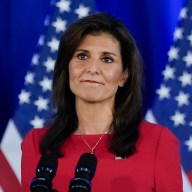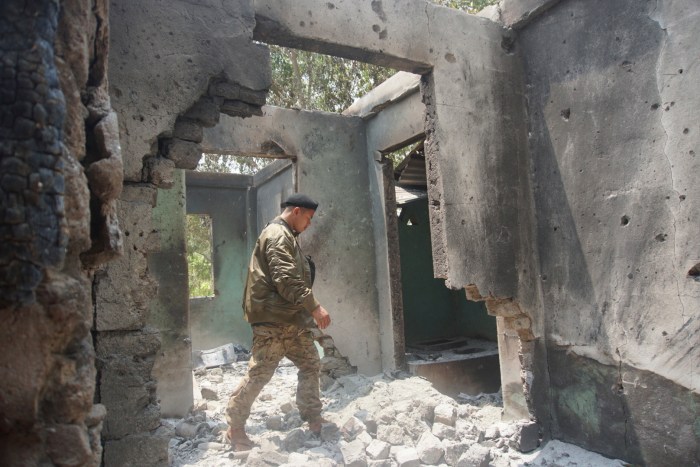LONDON – Canada is in a much better fiscal position than its G20 partners to afford economic stimulus, Prime Minister Stephen Harper said Wednesday, while simultaneously urging the world’s largest economies to “dramatic action.”
As the Group of 20 industrialized and developing countries convened for a summit, Harper used the pulpit of foreign news organizations to tout Canada’s strengths and admonish its partners.
In an interview with American network CNN, Harper pointed to falling GDP and rising joblessness in – Canada as elsewhere – and called the situation “disconcerting.”
“All the more reason why I think, if anything, leaders should over act at this point,” said the prime minister.
“I think there would be a risk of under acting. Let’s assume that we need dramatic action and let’s do it.”
But in a speech to a business audience in Yellowknife Wednesday, Bank of Canada Governor Mark Carney appeared to be going in a much different direction, cautioning governments not to overreact.
“People need to be careful about doing too much, too soon, relative to their fiscal capacity,” Carney said in a question and answer session after his speech.
In an interview with Britain’s Sky News, after he spoke to CNN, Harper said the size of stimulus packages may be less critical than getting dollars moving immediately.
“That’s probably at this point more important than making it bigger and bigger,” he said.
It’s part of a tightrope act Harper is walking at this summit: prodding reluctant, debt-laden European nations to spend while encouraging international co-operation in regulating financial markets without stepping on sensitive U.S.
A leaked draft of the G20 communique, obtained by The Canadian Press late Wednesday evening and dated March 31, commits the G20 countries to “extend regulation or oversight to all financial markets, instruments and institutions which may be systemically important,” including hedge funds.
It would create a new G20 entity “with a strengthened mandate” in order to “identify and report on macroeconomic and financial risks and the actions needed to address them.”
But the draft kicks the details down the road, committing finance ministers to “complete the implementation of these decisions . . . .”
Harper, in an earlier interview, suggested the oversight body is “a reasonable compromise.”
“I don’t think the Americans and some of the emerging markets will accept a global regulator. These are afterall sovereign countries.”
All the while, Harper is playing to a divided domestic gallery in Canada. His communication team’s tightly constricted interview strategy with the travelling Canadian media speaks of a PMO deeply worried about off-message news reports back home.
“I’m a conservative,” Harper told Britain’s Sky News. “I happen to believe in the long term, we will see long-term economic growth from the private sector.”
That from a prime minister who has opened the spending spigots in Canada, is encouraging others to do likewise and is singing the praises of government regulation in the financial sector.
Further complicating Harper’s message was an OECD report this week that said Canada can and should increase its stimulus spending, which is already sending federal and provincial budgets deep into the red.
It makes for a dizzying array of options and opinions on an economic crisis that is now widely considered the worst in half a century. With countries as diverse as China, India, Brazil, Saudi Arabia, Germany and Turkey at the G20 table, expectations were being ratcheted down Wednesday, even as talk of divisions was being dismissed.
British Prime Minister Gordon Brown called the summit the greatest level of international economic co-operation since the Second World War.
“Of course it’s difficult, of course it’s complex – you have a large number of countries,” Brown said at a news conference Wednesday with U.S. President Barack Obama.
Harper, in his interview with Sky News, warned against the widespread finger-pointing that has pinned the United States as the villain in the global financial collapse.
Obama is clearly attempting to present a more collegial, multilateral American foreign policy to the world, he said.
“There is very little can be done without American leadership,” said Harper.
“So I would hope that the nations of Europe and the rest of the world, having asked for a more consensual approach from the Americans . . . will also respond to it and will act together to address difficult global problems, like the recession, with the global approach.”

















